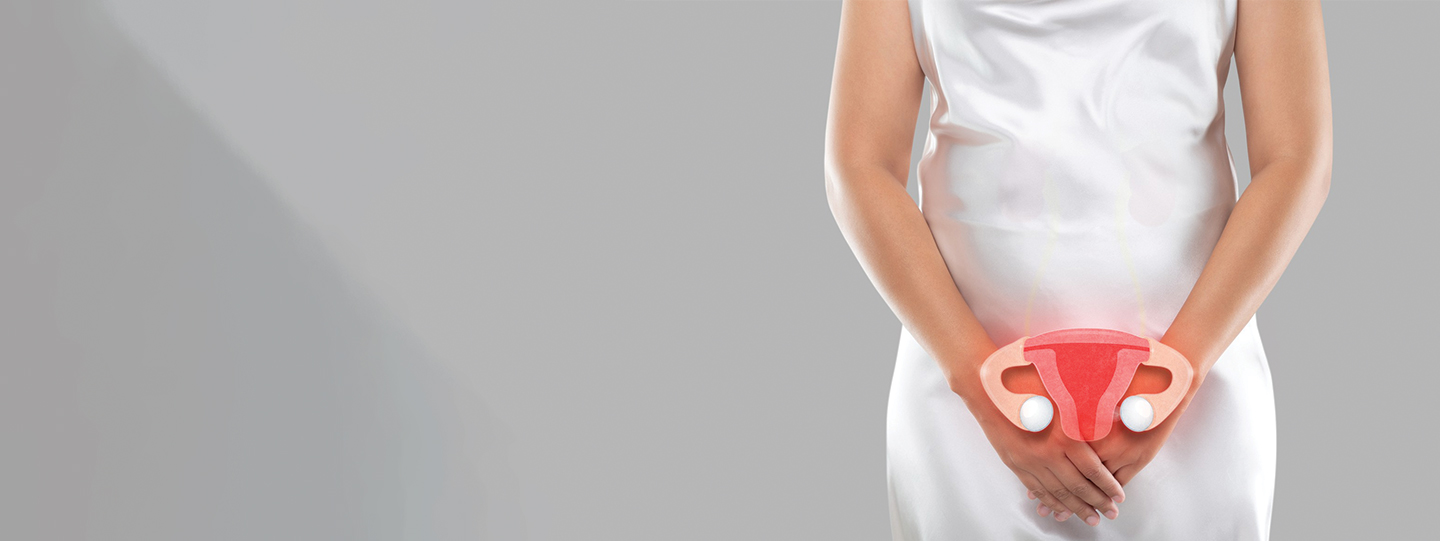

Our expert urologists specialize in managing a wide spectrum of complex pelvic problems in females. We adhere to the use of innovative approaches and world-class interventions to ensure optimal results while prioritizing your comfort. The department is outfitted with cutting-edge equipment to ensure added precision and accuracy at every step.
Female pelvic problems refer to various conditions that affect the organs in the pelvic cavity of a female, such as the uterus, fallopian tubes, ovaries and bladder.
These problems can be linked to a variety of different factors including ageing, childbirth, injuries and underlying medical conditions.
Female pelvic problems can give rise to symptoms that can impact the quality of your life. While many women are embarrassed to talk about these problems, it is important to discuss them with a specialist and seek timely care for their effective management.
---Expertise-Female-Pelvic-Problems_1.jpg)
Female Pelvic Problems can be of several different types, based on the types of symptoms and the organs involved. The most common of these include:
Although not all pelvic floor problems are a cause of concern, in some cases these can progress giving rise to serious complications. Hence it is important to watch out for the symptoms and go for proper medical evaluation.
Common symptoms associated with female pelvic problems include:
There are various factors that can be responsible for causing pelvic floor problems in females, such as:
Various modalities used by our team to diagnose, assess and evaluate pelvic floor problems in females, include:
At Surya Hospital, we provide a broad range of treatment options for effective management of female pelvic issues. These include:
Yes, surgery is the most common treatment recommended for patients with fistula. This involves conventional procedures, as well as minimally invasive interventions for repairing the opening.
Endometriosis is a leading cause of pelvic pain, but not the only one. The problem may also be linked to other conditions like:
Urine incontinence is a problem marked by loss of control over urine flow, that leads to accidental leakage of urine.
Certain pelvic disorders may increase the likelihood of experiencing difficulties in conception. It is important to consult a doctor and get yourself evaluated. With proper care and treatment, it is possible to effectively manage pelvic disorders and bring down the risks of fertility challenges.
The most common symptoms of bladder dysfunction include:
It is good to be curious when it comes to your health, but, it is equally important to put your curiosity to rest by seeking expert opinion. Have more questions related to your health?
Meet the compassionate souls behind our services. Our dedicated team of professionals is here to ensure you receive the best care, always

Our commitment to world-class care is reflected in our numerous certifications, awards, and partnerships. Trust in our proven track record of excellence.
